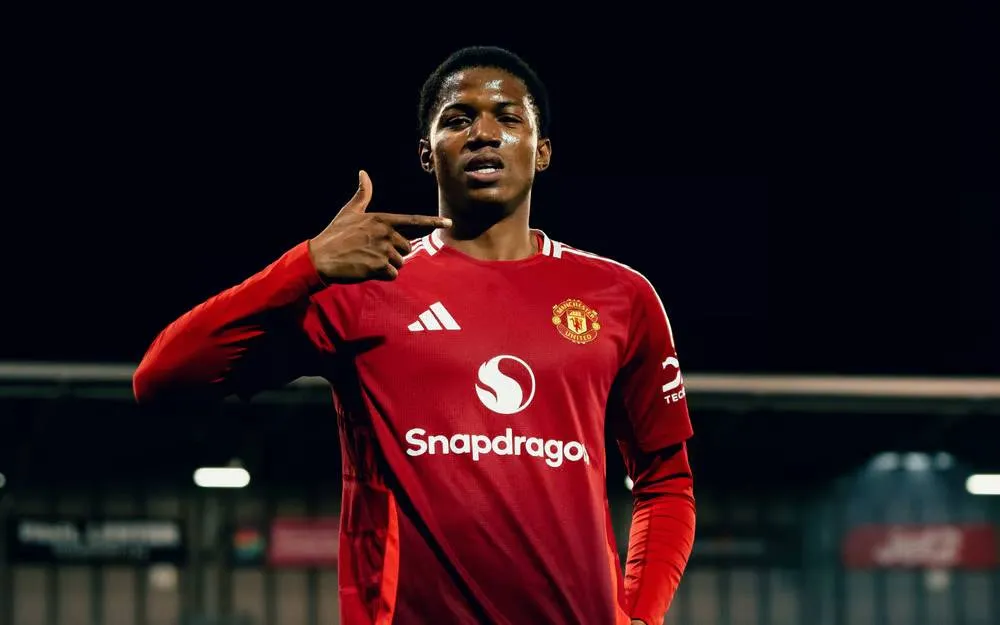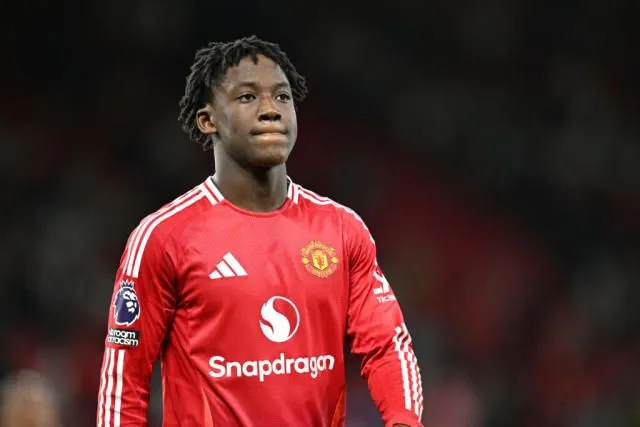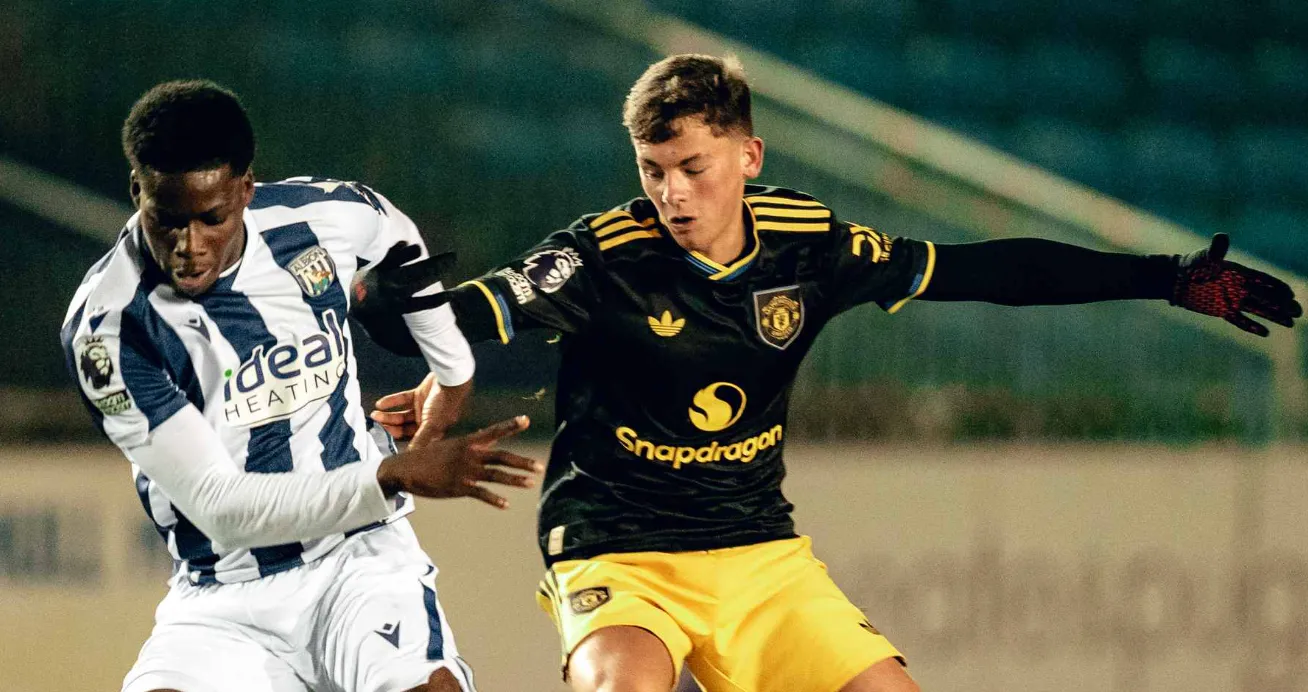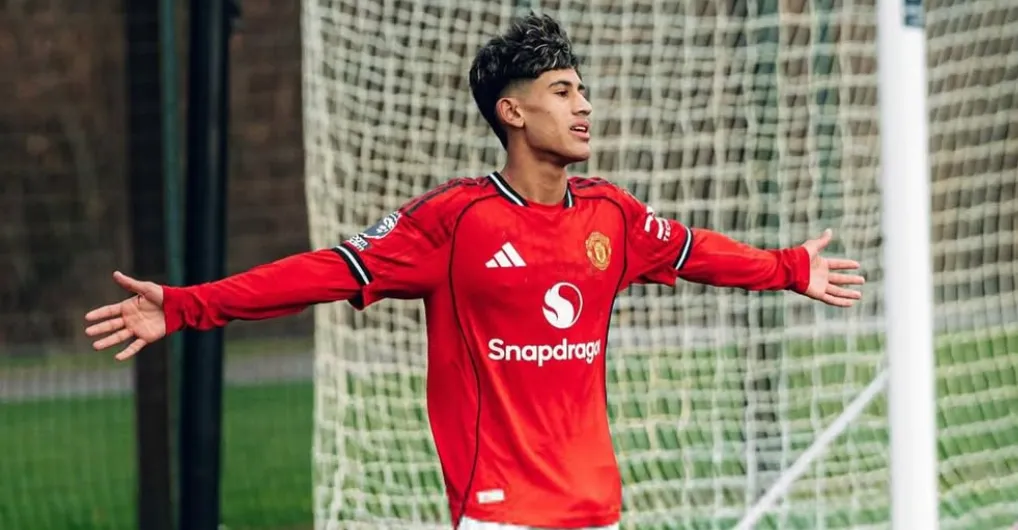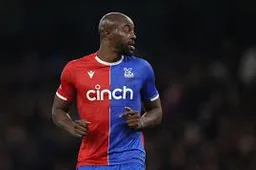Under-fire Amorim's 3-4-3 system is in spotlight and here is answer to if it can work
OpinionsSaturday, 08 March 2025 at 12:42
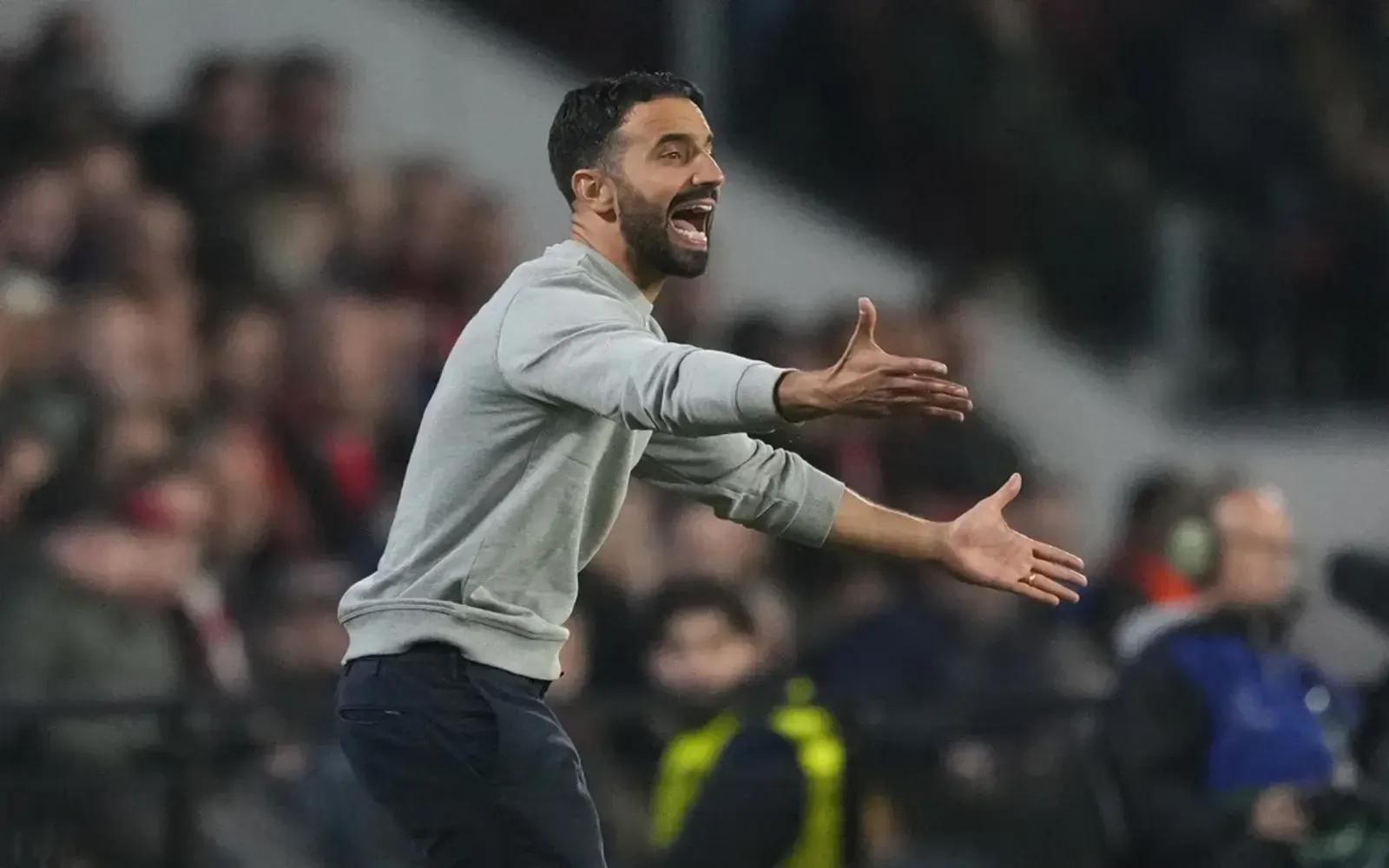
As Ruben Amorim continues to struggle to impart his ideas at Manchester United, speculation rages about whether it will ever work out for him at Old Trafford?
The 3-4-3 system can clearly work but is unsuited to this squad. Will he get time? There were those at Old Trafford who did anticipate the scale of this problem.
Maybe even Amorim himself, who would surely have preferred the job last summer or next. Some recognised it would be more complicated than simply hiring the best coach available.
The Portuguese tactician arrived in November, inheriting a squad built for a different style of play under Erik ten Hag, and the transition has been far from smooth. With United languishing in 14th place in the Premier League and only two wins in their last 10 matches across all competitions, the pressure is mounting.
Read also
All of which feels worth mentioning given that two years on, as Amorim struggles to imprint his ideas at Old Trafford, it is not just the Portuguese coach being criticised but the formation itself.
His preferred 3-4-3 system, which brought success at Sporting CP, relies on high pressing, dynamic wing-backs, and a cohesive defensive structure—elements that are currently absent in United’s squad.
Critics argue that the players at his disposal, many of whom thrived in a more traditional 4-2-3-1 or 4-3-3 under Ten Hag, lack the tactical discipline and positional familiarity to execute Amorim’s vision effectively.
How about the analysts at Coach Inside, used by clubs to specifically assess prospective coaches and their ability to fit within their organisation? They predicted Liverpool's relatively seamless transition from Jurgen Klopp to Arne Slot.
Read also
This season there is an 85 per cent compatibility between the style of football being adopted by Slot and that of Klopp last season. In contrast, the compatibility rating between Amorim and predecessor Erik ten Hag is way down at a measly 30 per cent.
This stark difference underscores the monumental challenge Amorim faces in adapting his philosophy to a squad not built for it. While Slot inherited a Liverpool team already accustomed to high-intensity, pressing football, Amorim must overhaul United’s playing identity almost from scratch.
The 3-4-3 system can bring results, as evidenced by Amorim’s trophy-laden tenure at Sporting, where he won two Portuguese league titles. The formation allows for defensive solidity with three centre-backs, while the wing-backs provide width and attacking threat, and the front three can press aggressively to win back possession high up the pitch.
However, analysts argue that this system is the least suited to United’s current squad. The lack of natural wing-backs, with players like Luke Shaw and Diogo Dalot being more comfortable in a back four, and the absence of a midfield structure to support the high press, have led to confusion on the pitch. Players appear uncertain of their roles, particularly in transitions, where United have been vulnerable to counter-attacks.
The transition from Ten Hag to Amorim has been underestimated, with the two coaches representing coaching opposites. Ten Hag’s approach was more possession-based, focusing on building from the back and using a double pivot in midfield to control games.
Amorim, conversely, prioritises intensity, verticality, and rapid transitions, demanding a level of athleticism and tactical awareness that United’s squad currently lacks. The question now is whether there is the time and patience for this project to succeed.
Manchester United fans, frustrated by years of underachievement since Sir Alex Ferguson’s retirement, are growing restless, and the club’s hierarchy, led by Sir Jim Ratcliffe’s INEOS group, must decide whether to back Amorim with significant investment in the transfer market or risk another managerial change.
For the 3-4-3 to work, Amorim will need time to recruit players suited to his system, such as dynamic wing-backs, a commanding defensive leader, and a striker capable of leading the press.
The emergence of young talents like Kobbie Mainoo and the potential return of Amad could help, but without patience from the board and fans, Amorim’s vision may remain unfulfilled. The stakes are high, and the coming months will be crucial in determining whether this tactical experiment can succeed at Old Trafford.
loading
Loading
